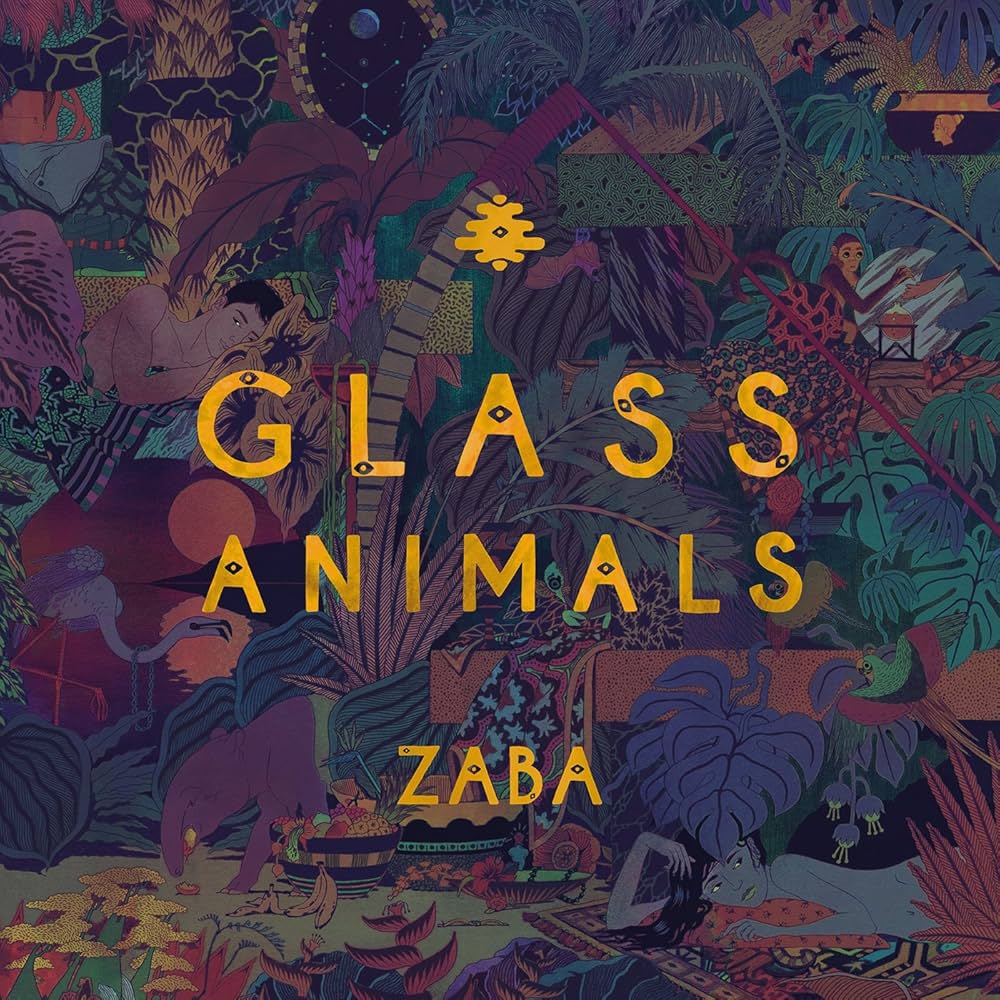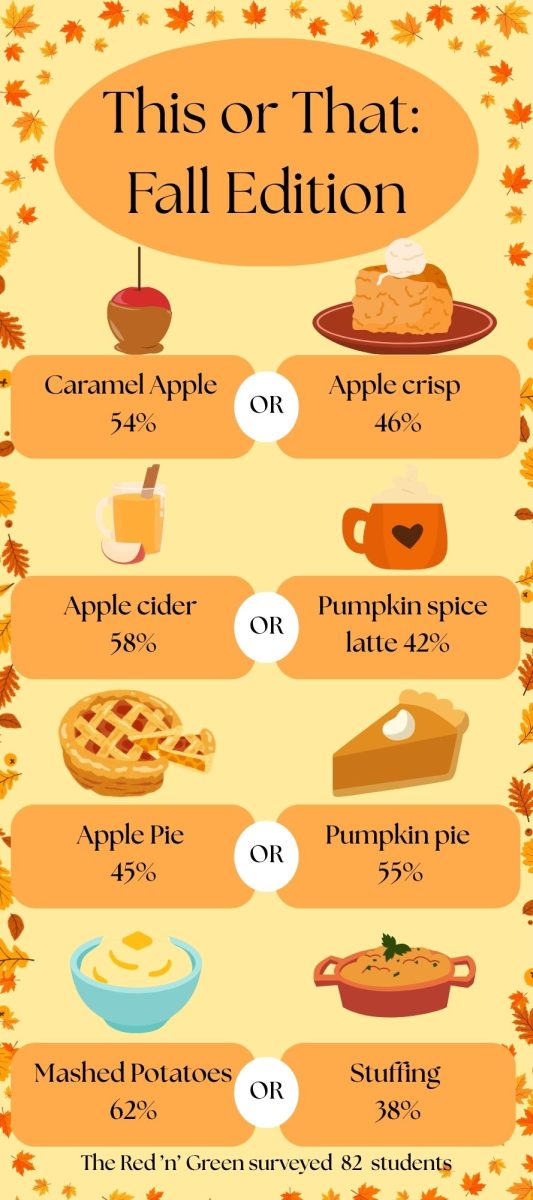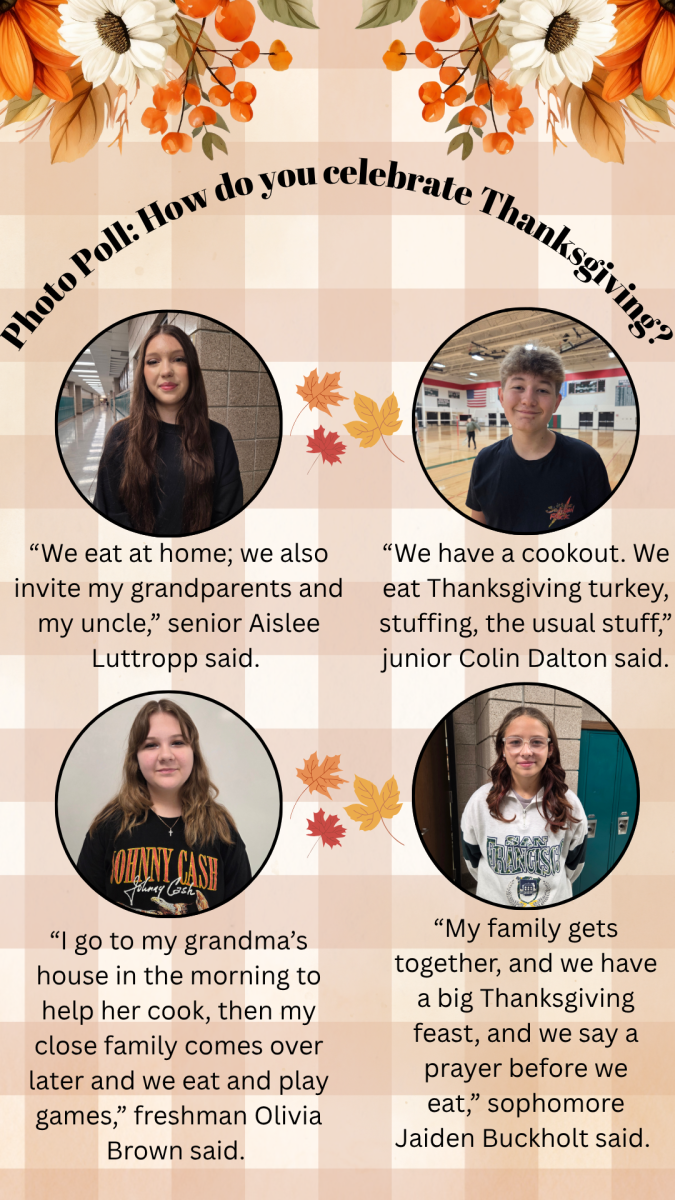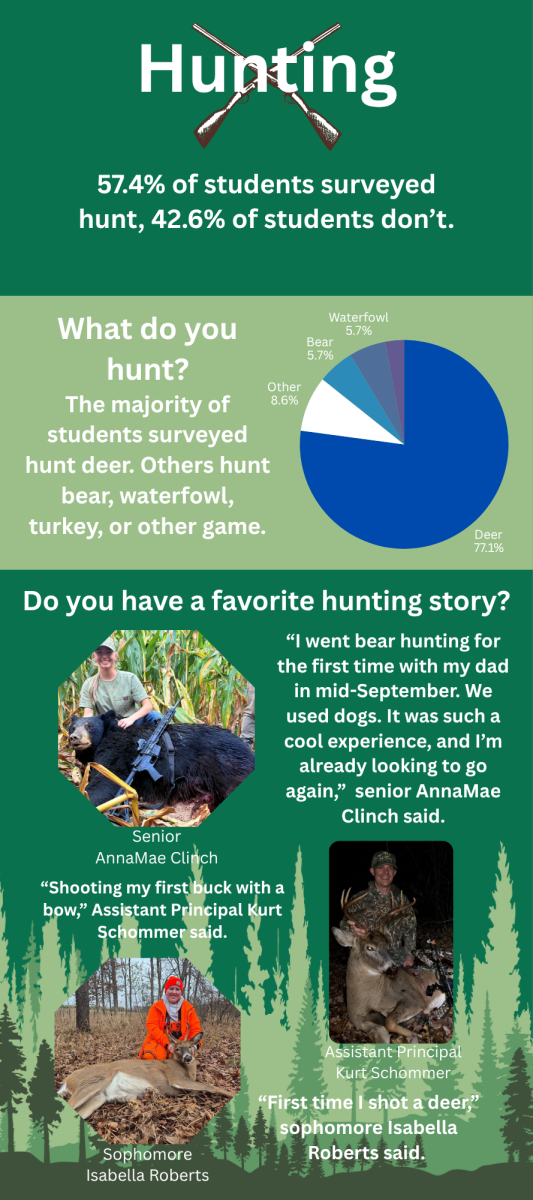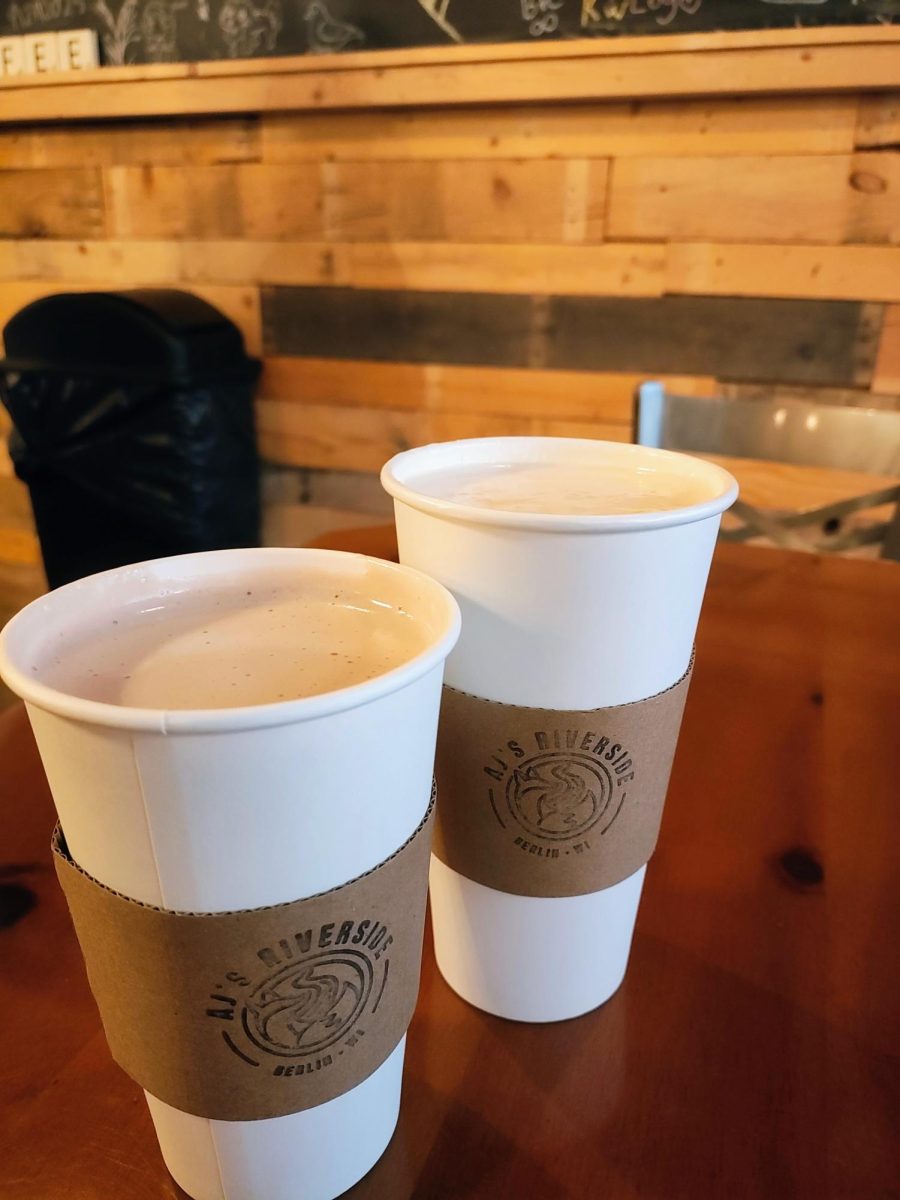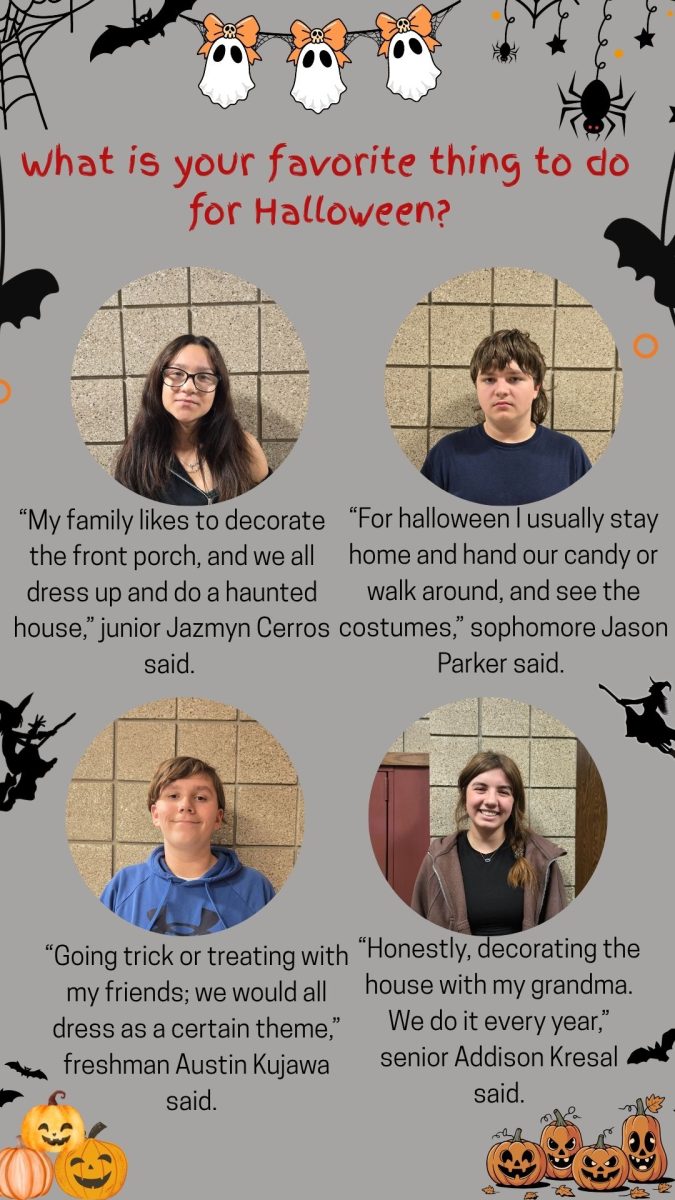Listening to “Zaba” by Glass Animals is like stepping through a curtain of vines and onto the precipice of a dark, unfamiliar forest heavy with secrets and experiences. Acting as their debut album, Glass Animals released “Zaba” on June 9, 2014, and serves as a psychedelic trip into a world of nature. This album quickly pushed Glass Animals to success, allowing them to kickstart numerous performances and release future albums with well-known hits like “Heatwaves” and “The Other Side of Paradise.”
The first song I discovered from this album was “Cocoa Hooves,” which is a song that focuses on the loss of love between two older couples. The background music of the song provides a certain sense of nostalgia, describing the lives of two old lovers who have lost any sense of passion and excitement for each other. The lyrics “why don’t you set your wings on fire?” represent the longing felt by the wife in this story, being repeated at the end of the song as “why don’t you set my wings on fire?” Despite the sad nature of this song, the instrumental itself and the soft nature in which the lyrics are spoken leave the listener feeling calm and nostalgic, with a burst of power at the end of the song providing a sense of longing and want. This was an excellent first song to listen to, with the music and lyrics tying everything together to give it an emotional punch.
Another engaging song on the album is “Pools,” whose meaning is purposefully vague and obscure. No official explanation or meaning has been given to the song, although there is a general consensus that it’s about freeing ourselves in some way. A personal interpretation of this song includes the idea that, as the song progresses, the main character learns to break free from the norms that surround them and embrace themselves after living much of their life for other people. This idea is reinforced by the lyrics repeated at the end of the song, “I smile because I want to,” which had previously been said earlier in the song as “I smile before I want to, I smile because you want to.” Overall, the song uses upbeat drums and the sound of bird calls to mimic the sound of a jungle, giving the imagery that the listener is traveling through a jungle. This is also reflected in the lyrics, which constantly mention nature and use imagery relating to nature. This song is especially inspirational, with its rhythm and background music creating strong images to encourage art.
My personal favorite song on this album is “Walla Walla”. This song is also vague in its actual meaning, with many interpretations focusing on the idea of drug use due to the psychedelic nature of the song. Despite having no overt meaning, the song itself focuses on some form of addiction, constantly repeating the phrase “take my hand” and offering words of reassurance. The backing music itself is difficult to describe, being a blend of synthesizer and a sort of bass that makes the song feel chaotic and powerful. Overall this song is incredibly nonsensical, much of its actual meaning being left up to the listener’s personal perception of it. I am especially a fan of the synthesizer, which makes the song feel that much more otherworldly.
Overall, “Zaba” by Glass Animals opens up a portal to another world for those who listen to it, taking the listener on a psychedelic trip through a jungle thick with stories and mysteries. The culmination of genres within the album itself allows anybody to enjoy it, giving it a rating of 5/5.
Categories:
Music review: ‘Zaba’ by Glass Animals a portal to another world
Arianna McCormick, Editor-in-Chief
May 21, 2025
The album cover of “Zaba” by Glass Animals was created by artist Micah Lidberg. It is meant to evoke the feeling of being in a jungle, or a sort of tropical place, to reflect the music in the album.

